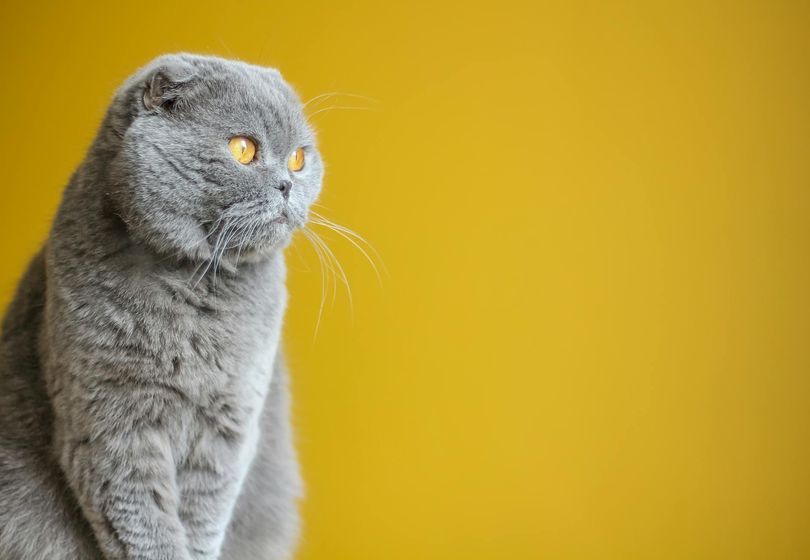
British Shorthair cats are beloved for their round faces, dense coats, and sweet personalities. If you're a proud owner of one of these shorthaired beauties or considering adding one to your family, it's essential to understand how to properly care for them. We've gathered expert tips from breeders to help you provide the best care for your British Shorthair cat.
1. Cat Grooming
The British Shorthair's coat is plush and dense, requiring regular grooming to keep it healthy and mat-free. Brush your cat's coat at least once a week with a soft-bristled brush to remove loose fur and prevent hairballs. While British Shorthairs are known for their low grooming needs, a weekly grooming session will help keep their coat in top condition.
2. Feline Diet
A well-balanced diet is crucial for maintaining your British Shorthair's health and vitality. Choose a high-quality cat food that meets their nutritional needs, and avoid overfeeding to prevent obesity. Consult with your veterinarian to determine the appropriate feeding schedule and portion sizes based on your cat's age, weight, and activity level.
3. Cat Health
Regular veterinary check-ups are essential to ensure your British Shorthair cat is healthy and happy. Keep up to date with vaccinations, flea and worm treatments, and dental care to prevent common health issues. Monitor your cat's behavior and appetite for any changes that could indicate a health problem, and seek professional advice if needed.
4. British Shorthair Temperament
British Shorthair cats are known for their gentle and affectionate nature, making them perfect companions for families and individuals alike. Respect your cat's need for alone time and provide plenty of opportunities for play and interaction. Understanding and embracing your British Shorthair's unique temperament will strengthen the bond between you and your feline friend.
5. Kitten Care
If you're bringing home a British Shorthair kitten, ensure they receive proper care and socialization from an early age. Create a safe and stimulating environment for your kitten to explore, and establish a routine for feeding, grooming, and playtime. Gentle training methods can help your kitten develop good habits and behaviors as they grow.
6. Cat Training
While British Shorthair cats are known for their independent streak, they can be trained to follow basic commands and litter box etiquette. Use positive reinforcement techniques such as treats and praise to encourage desired behaviors and discourage unwanted ones. Consistent training and patience will help your cat understand boundaries and expectations.
7. Indoor Cats
British Shorthair cats are well-suited for indoor living, as they are content to observe the world from the comfort of their home. Create a stimulating indoor environment with scratching posts, cat trees, and interactive toys to keep your cat mentally and physically engaged. Provide access to fresh water, natural sunlight, and cozy resting spots to ensure your indoor cat's well-being.
8. Breeder Tips
When choosing a British Shorthair cat, seek reputable breeders who prioritize the health and welfare of their cats. Ask the breeder about the cat's lineage, health history, and socialization to ensure you're adopting a happy and well-adjusted feline companion. Establish a good relationship with the breeder for ongoing support and advice on caring for your British Shorthair cat.
By following these expert tips from breeders, you can provide the best possible care for your British Shorthair cat. With love, attention, and proper care, your shorthaired beauty will thrive and bring joy to your life for years to come.
